Entrepreneur of the Month: Terry Akins
Popacademie, Enschede
Every month, the ArtEZ Business Centre and the courses together select a student or alumnus as Entrepreneur of the Month. Their stories give you an idea of what to expect, based on current topics from the professional field. Is there a secret to cultural success? Do you have to excel in your art or is it about selling yourself? Is it a matter of luck, wisdom, hard work or a good strategy?
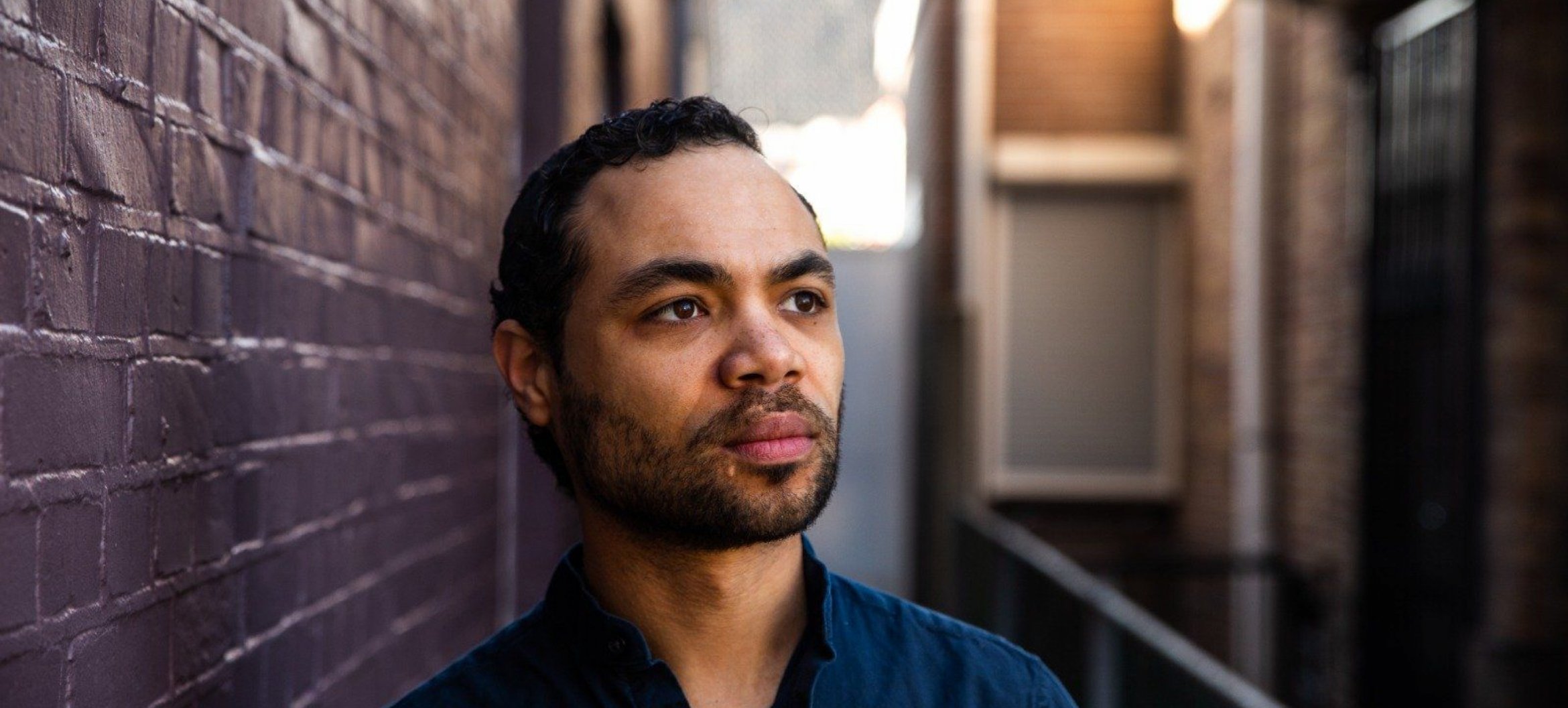
My name is Terry Akins (27), I'm a public speaker and pianist and an ambassador at Exodus Nederland. I study at the ArtEZ Academy of Pop Music. I give lectures, trainings, coaching, workshops, I'm the musical leader of the Twentse Kunst Alliantie [Art Alliance Twente] and I compose for piano. Entrepreneurship, to me, is about connecting people and having the courage to connect. When people told me that my ambitions were impossible to realize, when they doubted my abilities, I always managed to prove them wrong. In my opinion, there are two types of salesmen. There's the one you want to run away from as soon as possible, because you feel his smooth talk is untrustworthy; and there's the type you want to buy everything from. The difference is the latter salesman knows his product and has convinced himself of its superiority. How can you convince another person if you don't believe in your own 'product'?
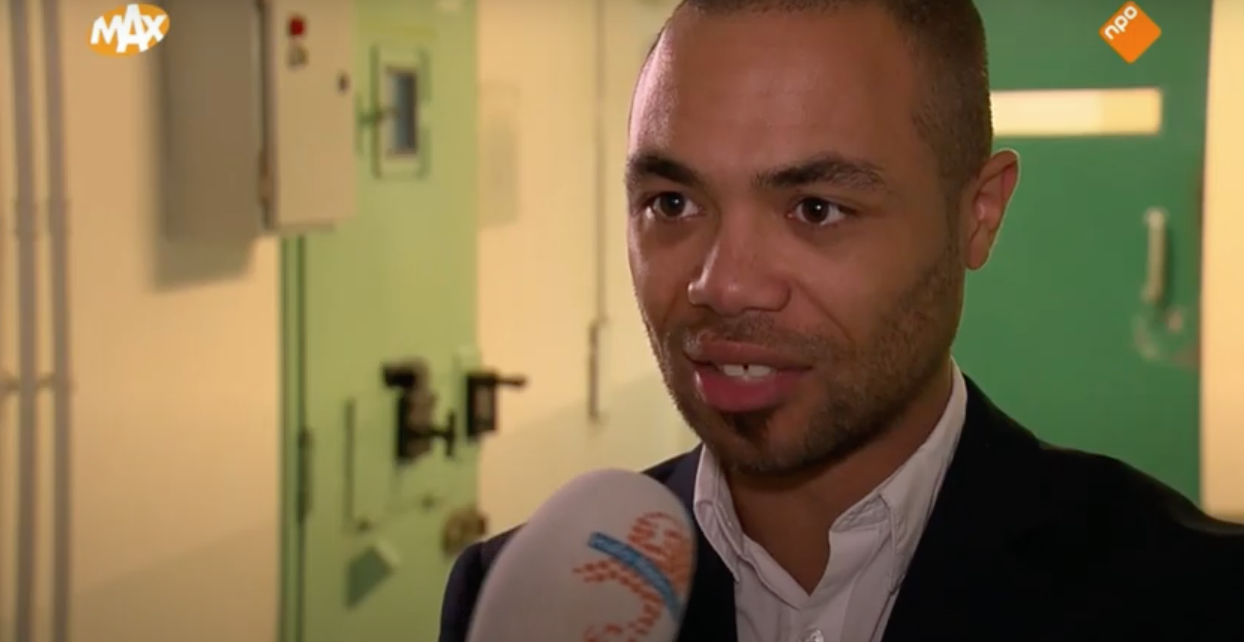
Fight against injustice
The starting points for my entrepreneurship were my passion and love for music, and my conviction that I wanted to fight injustice. Strangely enough, it was never my original intention to start a business, but that's the way it happened.
I had a challenging childhood, with one parent in custody and tragic family circumstances. Now, though, my past has turned out to be a treasure trove for the present. My personal history helped me see that the children of imprisoned persons often also become 'victims', and so does the entire social context around an imprisoned person. I resolved to break the taboo and openly share my own experiences. To choose recovery of the perpetrators over vengeance. To overcome injustice in society and achieve equal opportunities for the next generation.
Nobody should be disadvantaged or condemned because of their gender, background or something their parents may or may not have done. After a few media appearances, I was contacted by a variety of professionals, volunteer organizations and policy makers. They wanted to know more about my experiences, my resilience and my proposed solutions to ensure that the children of imprisoned people are not disadvantaged in our system. Next to my piano practice and musical studies, this started to take a lot of time, and people told me: "Terry, you have to choose. Either pursue music, or your social activism."
I did not make a choice, but I did soon realize that doing both would take a lot of my time. For that reason, it became essential for me to be able to pay my bills and live from my passion for the piano. But I also wanted to live for my fight against injustice. Not to stand on the sidelines, explaining all the things that are going wrong, but to turn the fight into my work, through lectures and trainings involving music.
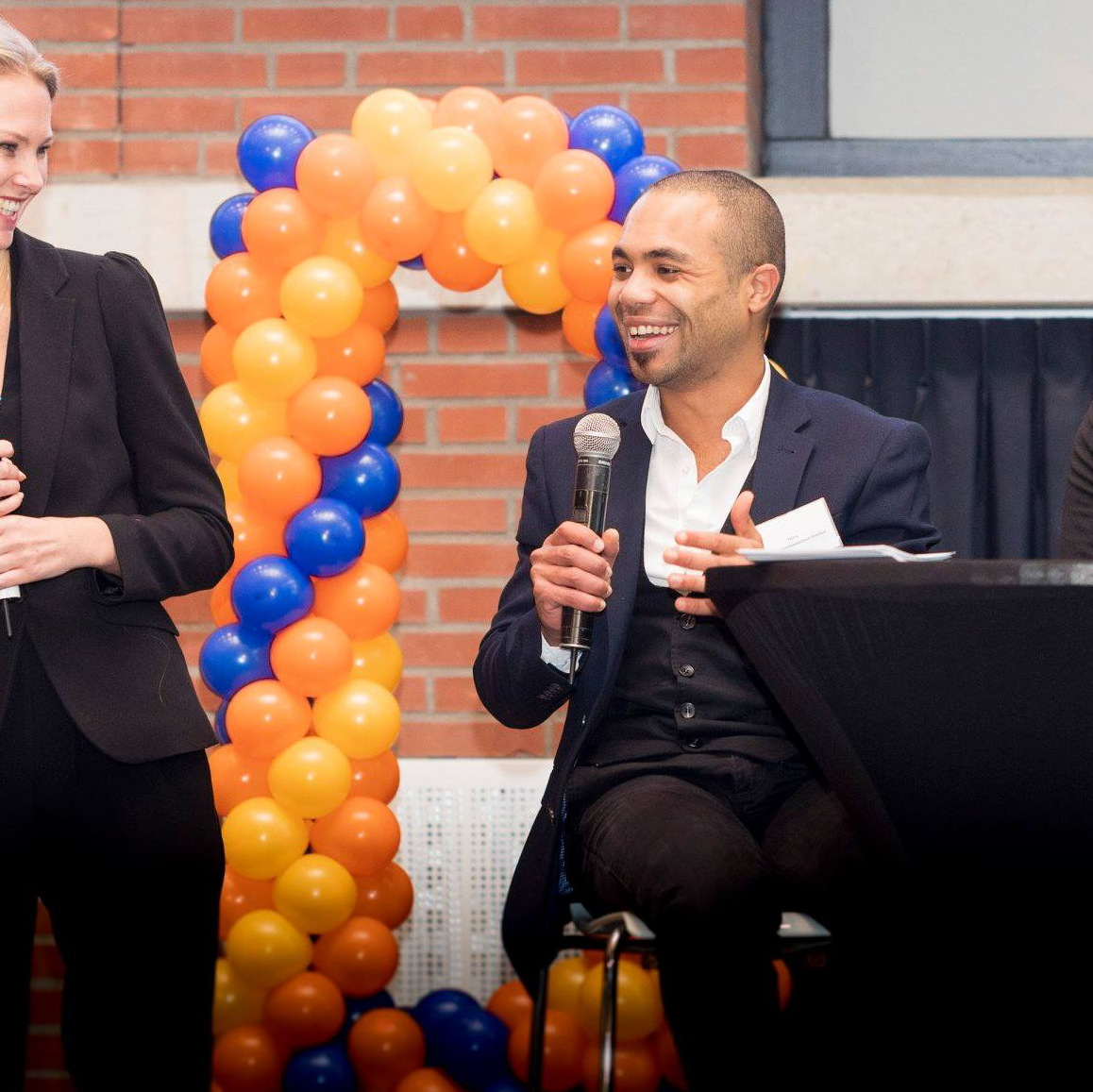
After a long struggle, I chose only to do the things closest to my heart. I only wanted to make music that moves me, personally. Simplicity won out over musical complexity. My emotion was real, and I translated it into music. I found my passion again, remembered why I started to play, simply by returning to the moment where my grandpa taught me to play the piano. That's how I found my way back to my emotions, which I expressed on the piano. I haven't been able to let go of that feeling since, and it even seemed to have an effect on my audiences. I started to worry less about the opinions of others and focused more and more on my music in the moment. Because what could be dishonest about an emotion? I became the salesman convinced of his own 'product' - not that I see myself as a salesman, but it's a metaphor.
My business is rooted in the experience I had as a child growing up with an imprisoned parent, and my personal knowledge of the challenges involved. I was able to see an invisible group in society, which needed to be recognized, to be empowered. My life has known setbacks, but the formula has always been that these setbacks helped me rediscover the euphoria of life. In 10 years, I will still fight for justice, bring joy, and inspire others to turn a setback into a smile.
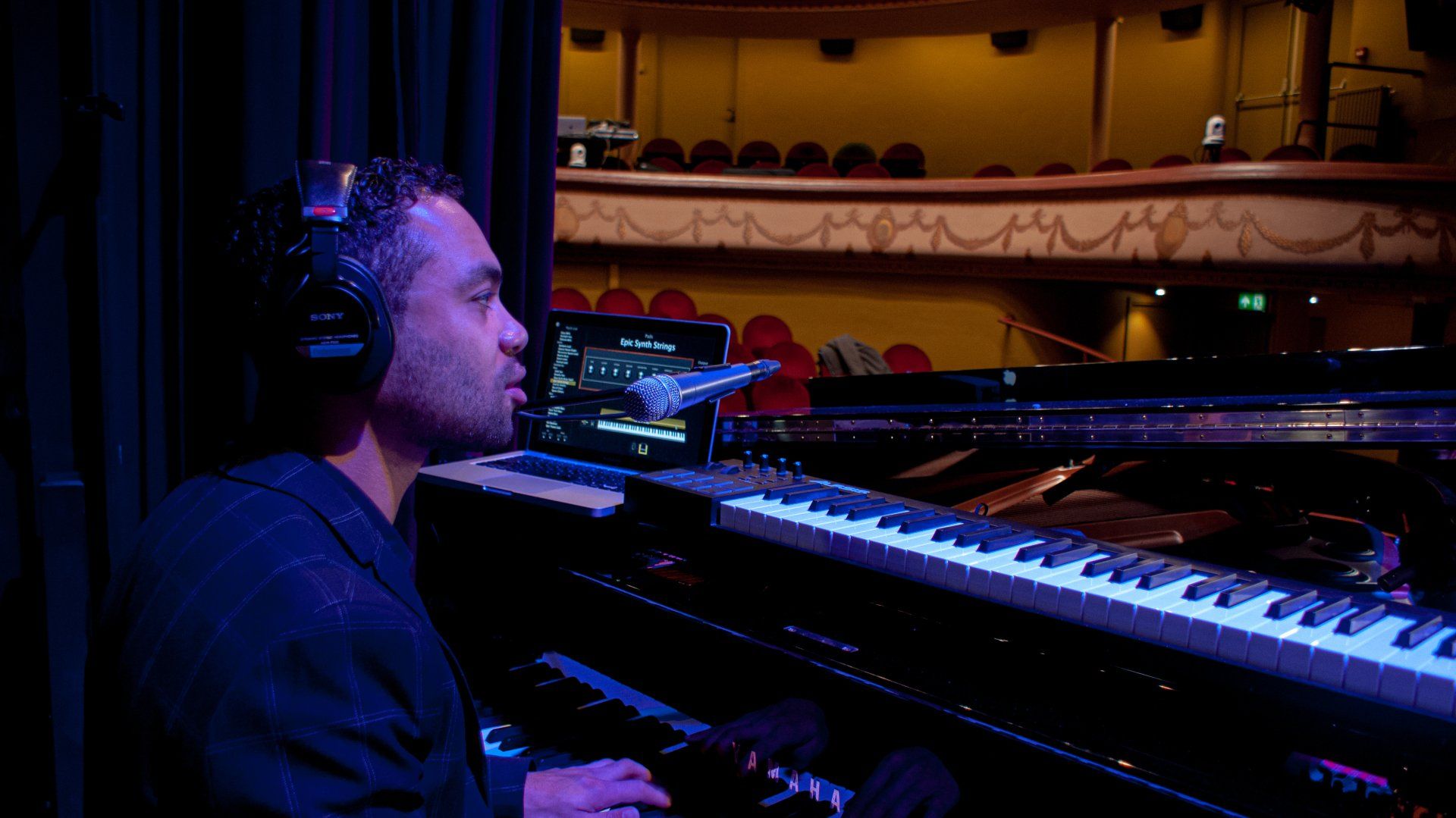
Recognizing problems as a challenge
I think the key is to recognize problems as challenges, which spark new possibilities and opportunities. That's how you develop resilience! Public speaking and music are performing arts, and as we know, our sector has been hit hard by COVID-19. I was also involved with the local theater world, e.g. at Concordia, both on stage and behind the scenes. On stage, I gave musical guidance to the theater group TKA. And nationally, I was working hard to build a cooperation with Orkater: we would do a musical show to bring the real stories of children of imprisoned people to stages across the country. Unfortunately, all of this fell apart as well, because Orkater suffered a logistical and organizational crisis in the lockdown. Hard choices had to be made, and we didn't make the cut, unfortunately. And still, my drive to tell these stories remains strong.
Meanwhile, we've been thinking of other opportunities to share this story throughout the country. At our local theater, I noticed we started to think in possibilities and solutions when we started doing live streams. In that way, the challenges of COVID also opened my eyes to exciting new opportunities.
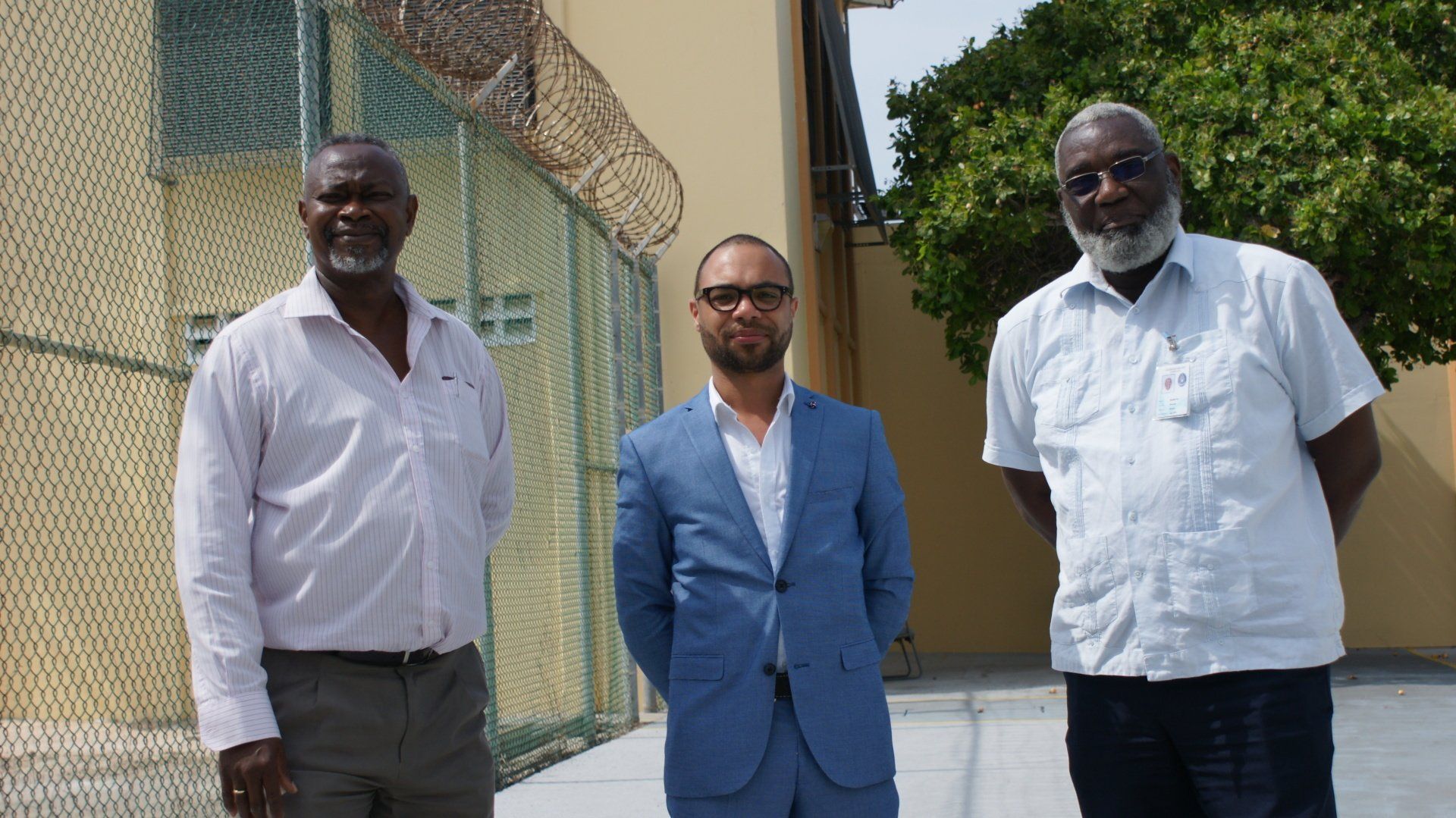
The power of speech and music impacts politics and media
At my lectures, I play some of my own compositions and songs with the support of a male and a female vocalist. All the songs are about saying goodbye, about resilience and about universal messages of love. These are universal human themes we all recognize. The music takes off all the masks, whether you're a director, policymaker or a prisoner. It enables a shared connection and recognition, and for a brief moment, it makes us all equals. That equal connection is my starting point. When I speak (whether it's on a stage or in the media), I try not just to connect people, but also to open eyes within organizations. We need government institutions, civil society and politics, to create constructive opportunities for a safer society together. In short, I remain myself, and many invisible and unheard stories become visible and audible to my eyes and ears.
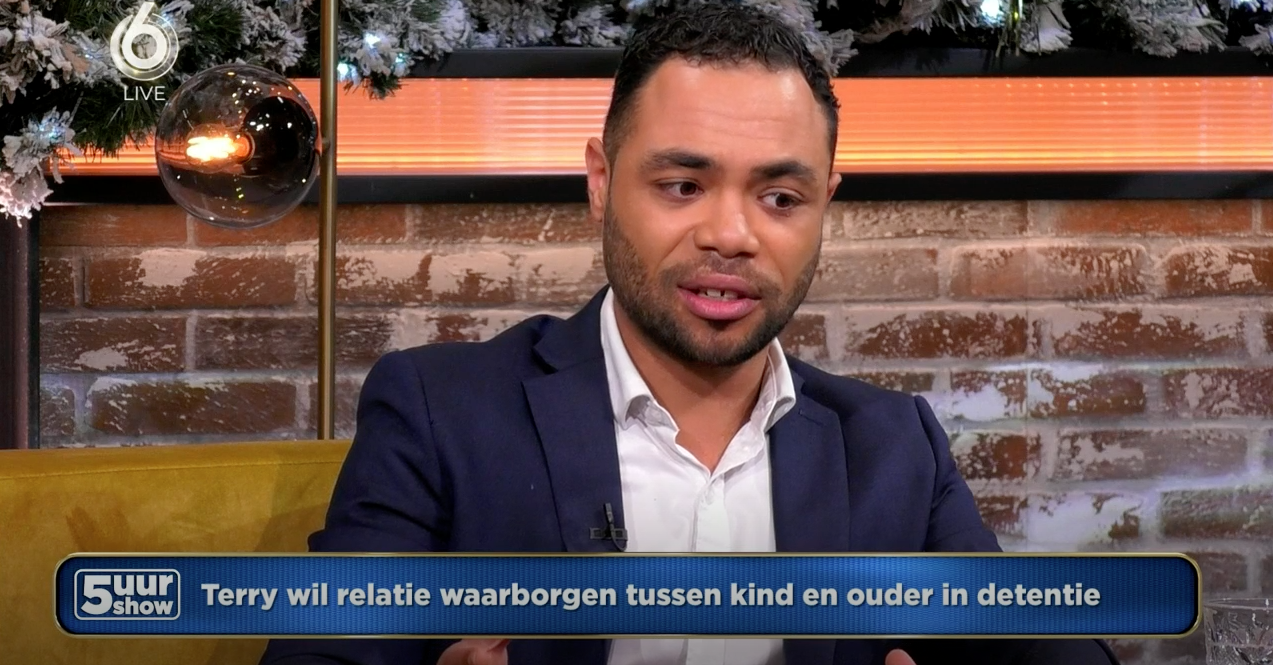
Media have become a part of my business
In the TV-show 'Je Ouders In De Lik' [Your Parents in Prison], by Claudia Schoemacher, they featured my personal experiences. After that, I received so many responses throughout the country, from all kinds of perspectives! It seemed like we had opened the country's qeyes, and I realized we were dealing with a taboo subject that policymakers, scientists, pedagogists, people in the justice department and the media wanted to know more about.
Some 10 years later, I still do regular media appearances, since I'm often asked about imprisoned people and those they leave behind, in response to some current event. Most recently, I was on the 5 Uur Show on SBS6 and the KRO-NCRV show Kruispunt. I try to use these moments to create more awareness: more openness and less distance between the invisible world of prison and the world outside. The media appearances help organizations find me quickly and they also create new work for me. But in the end, when I'm done with my training, lecture or coaching, there is more work cut out for policymakers and organizations to build a safer society.